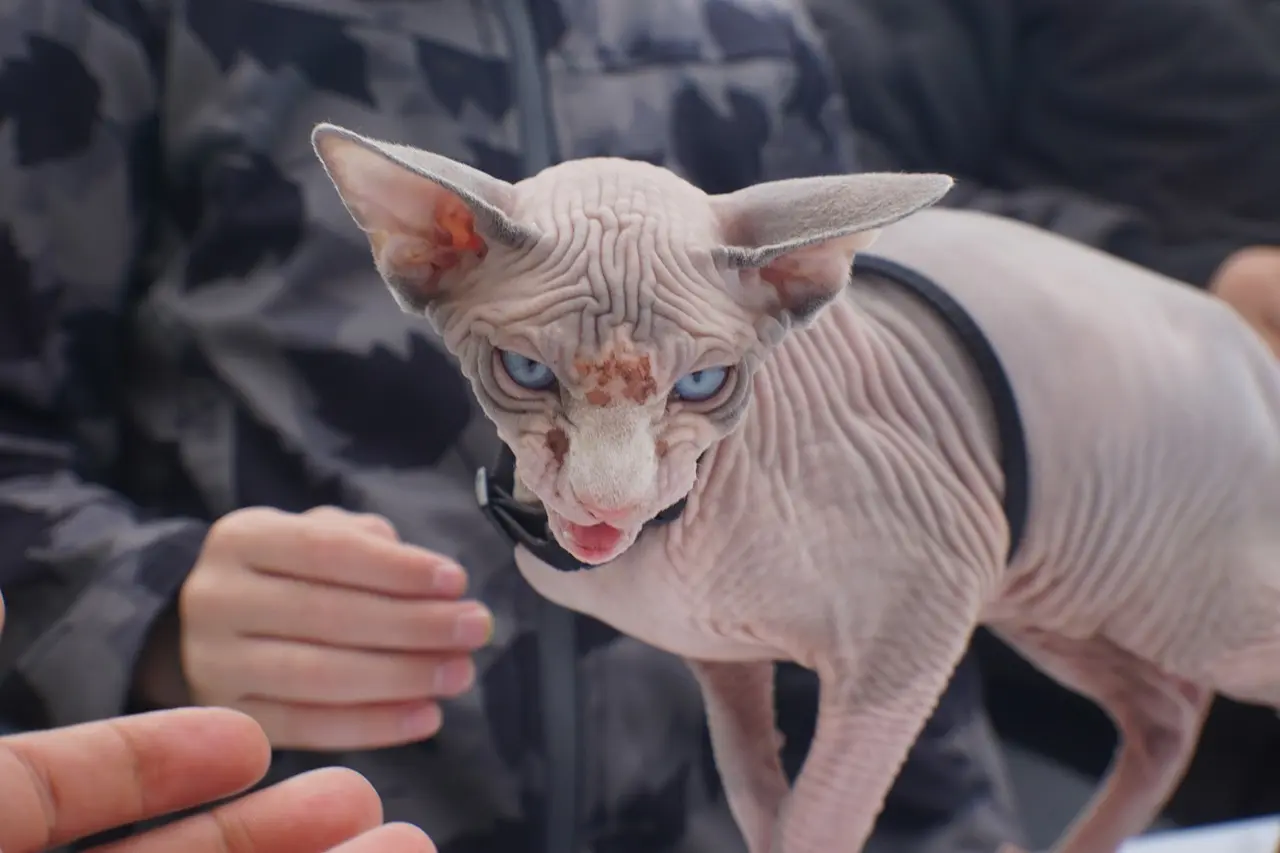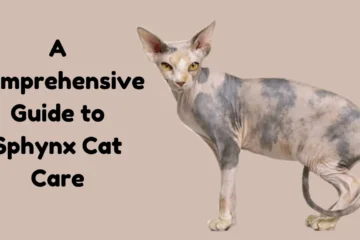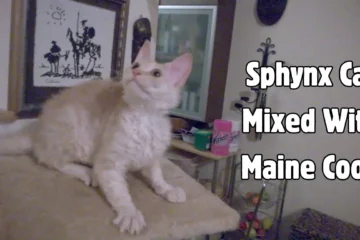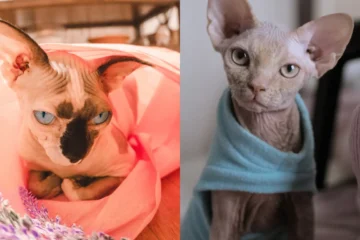Sphynx cats, known for their hairless appearance and playful personalities, are a unique breed that requires specific care. Due to their distinct characteristics, Sphynx cats demand a level of attention and maintenance that is different from other cat breeds.
This article provides a thorough guide to understanding and meeting the care needs of Sphynx cats. From their grooming requirements to their dietary needs, we cover everything you need to know to ensure your Sphynx cat remains healthy and happy.
Understanding the Sphynx Cat: A Unique Breed
Sphynx cats are not only distinguished by their lack of fur but also by their warm and affectionate nature. Despite their baldness, these cats have a coat of fine, downy fuzz that gives them a soft, peach-like feel. Their exposed skin, however, requires special attention to maintain its health and cleanliness. Understanding the uniqueness of this breed is crucial in providing the appropriate care.
Why Is Special Care Necessary for Sphynx Cats?
Sphynx cats lack the fur that other cats have, which serves as a protective barrier against dirt, oils, and temperature changes. Consequently, they are more prone to skin issues, sunburn, and cold-related discomfort. Without proper care, these cats can develop skin infections, irritations, and other health problems. Additionally, the Sphynx’s energetic and sociable nature means they thrive in environments where their physical and emotional needs are met.
Essential Grooming Practices for Sphynx Cats
Unlike other cat breeds, Sphynx cats need regular grooming despite their lack of fur. Their skin produces natural oils, which, without fur, can build up and cause skin problems.
1. Regular Baths
Sphynx cats should be bathed at least once a week to remove the buildup of oils and dirt on their skin. Use a mild, hypoallergenic shampoo specifically formulated for cats to avoid skin irritation. Make sure the water is warm, as Sphynx cats are sensitive to temperature changes. Gently clean all areas, paying extra attention to folds and crevices where dirt and oil can accumulate.
2. Ear Cleaning
Due to the lack of fur, Sphynx cats tend to accumulate more wax in their ears. Regular ear cleaning is essential to prevent wax buildup and infections. Use a vet-recommended ear cleaner and a soft cloth or cotton pad to gently wipe the inside of the ears. Avoid using cotton swabs, as they can push wax further into the ear canal.
3. Nail Trimming
Sphynx cats, like all cats, need regular nail trims. Their nails can grow quickly and may require weekly trimming to prevent overgrowth and splitting. Use a proper cat nail clipper and be careful not to cut too close to the quick, which can cause pain and bleeding.
4. Skin Care and Moisturization
Sphynx cats have sensitive skin that can become dry and cracked, especially in cold weather. After bathing, it’s beneficial to apply a vet-approved moisturizer to keep their skin supple and hydrated. Avoid using human moisturizers, as they can contain ingredients harmful to cats.
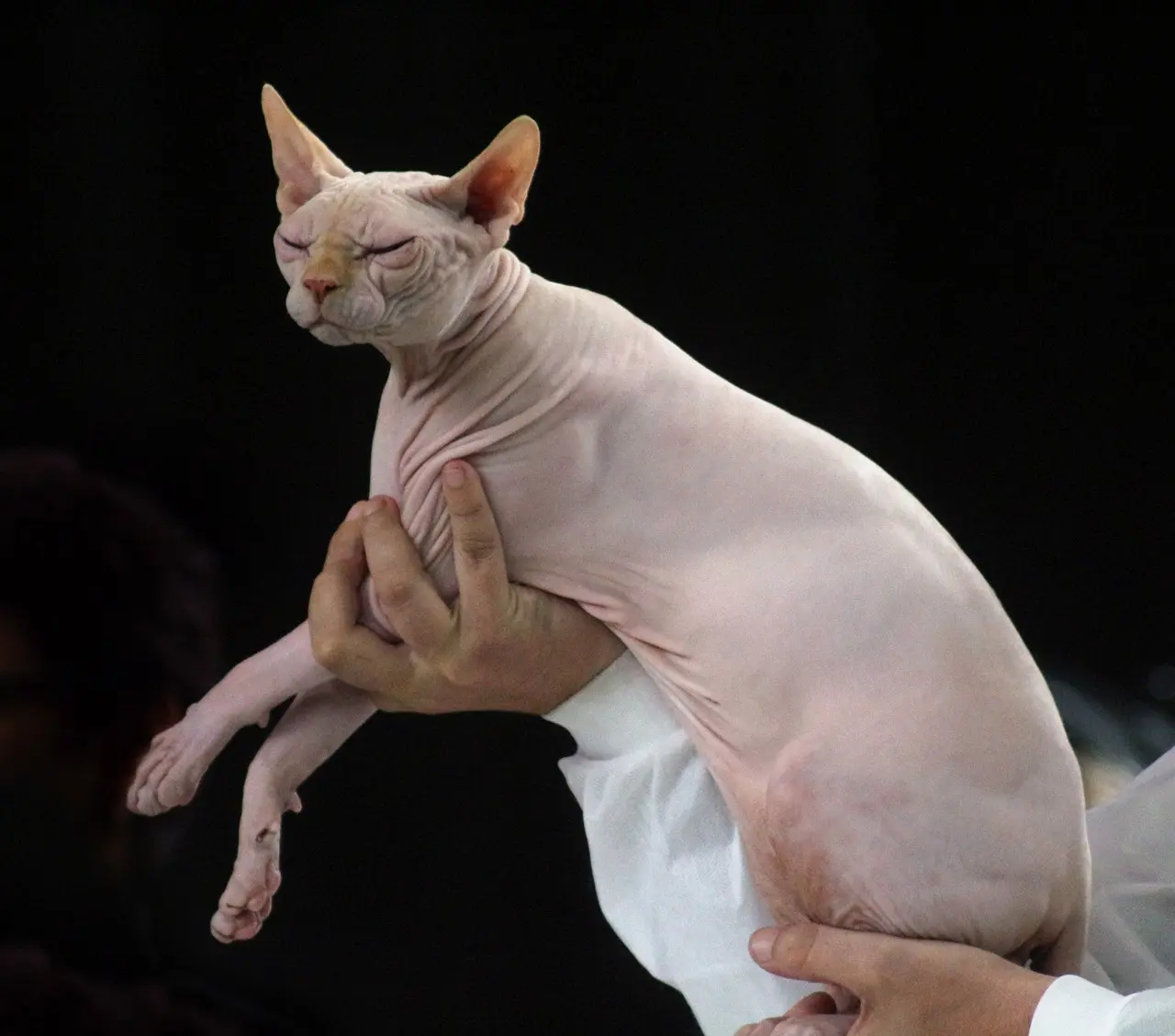
Dietary Needs for Sphynx Cats
Nutrition plays a vital role in the overall health of a Sphynx cat. Due to their lack of fur, Sphynx cats have a higher metabolic rate to maintain their body temperature, which means they require more calories than other cats.
1. High-Quality Protein
A diet rich in high-quality protein is essential for Sphynx cats to support their muscular bodies and high energy levels. Look for cat foods that list real meat as the first ingredient, such as chicken, turkey, or fish. Avoid foods with fillers like corn or soy, which provide little nutritional value.
2. Balanced Diet with Essential Nutrients
Ensure that the cat’s diet includes a balance of fats, carbohydrates, vitamins, and minerals. Sphynx cats also benefit from omega fatty acids, which support skin health. Consult with a veterinarian to determine the best dietary plan, considering any specific health concerns your cat might have.
3. Fresh Water Availability
Hydration is crucial for all cats, and Sphynx cats are no exception. Always provide fresh, clean water. Some Sphynx cats prefer running water, so a cat water fountain might encourage them to drink more.
Environmental and Lifestyle Considerations
Sphynx cats are known for their social nature and curiosity. They enjoy interacting with their owners and exploring their environment. However, their lack of fur makes them susceptible to environmental changes.
1. Temperature Control
Sphynx cats are more sensitive to cold than other breeds. Ensure your home is kept at a comfortable temperature, especially during the colder months. Providing warm blankets and heated cat beds can help keep them cozy. In hot weather, protect them from direct sunlight to prevent sunburn.
2. Indoor Living
Due to their vulnerability to environmental factors, it’s recommended that Sphynx cats live indoors. If you do take your Sphynx cat outside, consider using pet-safe sunscreen and keeping the outing brief.
3. Social Interaction and Mental Stimulation
Sphynx cats thrive on social interaction and can become lonely or bored if left alone for long periods. Provide plenty of toys, interactive play sessions, and even consider adopting another pet for companionship. Puzzle toys and games can help keep their minds active and engaged.
Health Monitoring and Veterinary Care
Regular veterinary visits are crucial for Sphynx cats due to their unique health needs. They are prone to certain health issues, such as heart disease, respiratory problems, and dental issues.
1. Regular Health Check-ups
Schedule regular check-ups with a veterinarian who is familiar with the breed. These check-ups can help detect any potential health problems early, allowing for timely treatment.
2. Vaccinations and Preventative Care
Ensure your Sphynx cat is up-to-date on vaccinations and flea, tick, and worm preventatives. Even indoor cats can be exposed to parasites and diseases.
3. Monitor for Signs of Health Issues
Be vigilant for any signs of health issues, such as changes in appetite, behavior, or skin condition. Early detection of symptoms can lead to more effective treatment.
Conclusion
Caring for a Sphynx cat involves a commitment to regular grooming, proper nutrition, environmental management, and regular veterinary care. By understanding and addressing the specific needs of this unique breed, you can ensure that your Sphynx cat lives a healthy, happy, and fulfilling life.

